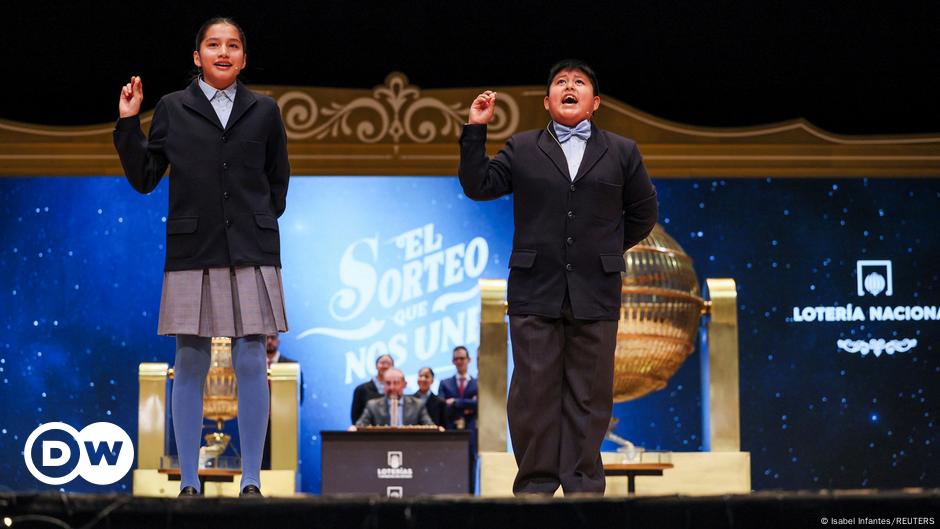Infra
Brazilian VP visiting China for week of meetings on trade, climate change

The gathering will mark the first in-person Cosban meeting in five years and the first since Lula’s return as Brazil’s president in 2023.
Established in 2004, Cosban is co-chaired by the two countries’ vice-presidents and convenes every two years.
Alckmin will be accompanied by a delegation of officials and academics including the ministers of planning and agricultural development as well as the president of the state-owned Brazilian Development Bank, according to Brazil’s foreign ministry.
Larissa Wachholz of the Brazilian Centre for International Relations, a think tank, said Brasilia hoped to boost cooperation in trade and infrastructure, with climate-change mitigation forming “a big part of the agenda”.
Brazilian officials estimated at least US$3.6 billion is needed to rebuild the destroyed infrastructure.
The Brazilian delegation also hoped to obtain funding for climate finance and the implementation of projects, such as for low-carbon agriculture, she added.
Brazil seeks to find out “what we can do together with China and what we can learn in terms of the resilience of cities to climate change”, said Wachholz. “But all of this requires long-term resources for sustainable infrastructure.”

Another objective is to entice Chinese financing for the “South American Integration Plan” – a project promoted by Simone Tebet, Brazil’s planning minister, to connect the country with its neighbours via multiple transnational motorways.
The initiative is part of the Brasilia Consensus, a document signed by heads of state and government from twelve countries in the Brazilian capital in May 2023.
“The link with the port of Chancay will help connect large soya bean-producing states in Brazil, but this must be done in a coordinated way,” Wachholz said. “That’s why it is a crucial topic for the discussions.”
“A port like that requires good connections and good infrastructure to transport goods there, otherwise it makes no sense.”
Alckmin must not only attract investment but also find a functional framework for Cosban, experts have said.
Despite Cosban being one of Brazil’s most comprehensive intergovernmental mechanisms, its role has largely been symbolic in recent years.
While the dialogue was important in guiding government action, it had rarely been viewed as relevant by a significant segment of the private market, Ratton said.
The commission held great potential to deepen relations and consolidate public and private agreements between the two countries, she added.
The professor also said Brazil should use the meetings to address sensitive issues in the bilateral relationship, including disagreements about unfair commercial practices.
One example would be the impact of subsidies and artificial price reductions observed in Chinese steel exports.
In April, Brazil decided to impose a 25 per cent tax on Chinese steel after a six-month investigation found that Chinese exporters were engaging in dumping.
The exporters were deemed to have used irregular subsidies and disguised the composition of cold-rolled steel sheets with chromium to circumvent countervailing measures in place since 2013.
The tax aligned with a regional trend. Several other Latin American countries have struggled with an influx of Chinese steel that allegedly benefits from dumping practices, offered at prices far below local alternatives.

In the last two decades, China has seen its share of the global steel market skyrocket from 15 to 54 per cent, according to the Latin American Steel Association.
In 2023, for example, China exported about 10 million tonnes of steel to Latin American countries, compared to 85,000 tonnes 20 years ago.
In announcing Brasilia’s decision, Alckmin, who also serves as minister of industry and trade, said taxing Chinese steel was necessary to “preserve jobs and encourage new investment and modernisation”.
“This is a type of confrontation that should be handled through Cosban because countervailing duties are a financial tool and an important component for trade negotiations and bargaining,” Ratton said.
Disputes over aluminium have featured on the agenda of past commission meetings, she added.
However, Giorgio Romano Schutte of Brazil’s Federal University of ABC said the tariff increases on Chinese exports, even if they displease Beijing, should not affect any favourable momentum in the bilateral relationship.










